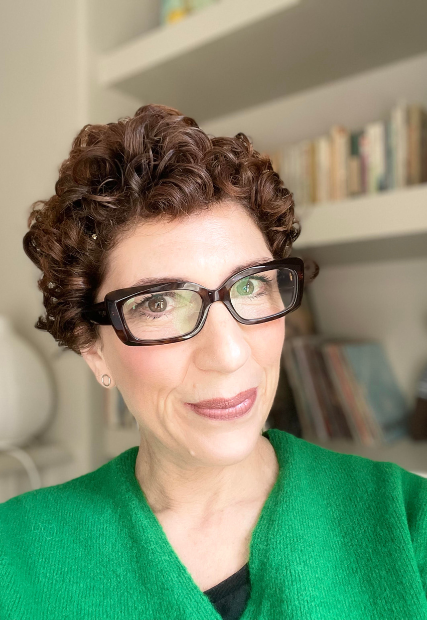In each fortnightly session you’ll learn to read like a writer, analysing extracts from key authors to get under the bonnet of the novelist’s storytelling and sharpen your technique. You’ll also read and respond to the work of your peers in every session, following our critiquing guidelines, to hone your judgement and editorial skills.
Session 1: What is a Story?
Discover the eight essential ingredients every successful story needs. We’ll look in detail at the first three building blocks: your protagonist, their desire and how to set up effective forces of antagonism from the outset of your story. Introduce the novel idea you’ll be working on and your protagonist to the group and tutor. Live group webchat with your tutor.
Session 2: The Bones of Your Story
Building on the essential building blocks, we’ll look in detail at the journey you’ll take your protagonist on, exploring your inciting incident and how to guide readers stage by stage through your story to its climax and resolution. You’ll share an outline synopsis with the group, and use John’s screenwriter template to express your story idea in a sentence, to test its skeleton.
Session 3: Laying Foundations
You’ll try out the screenwriter’s technique of ‘breaking a story’ into its constituent parts, questioning the different elements of your story using John’s formula to diagnose which need more attention. By the end of this session you should be able to deconstruct any story, spot common story holes, and know what to do to fix them. We’ll also look at novel openings, and think about how to best introduce your protagonist to your reader. You’ll share your opening pages with the group (up to 1,000 words) and receive tutor feedback by podcast. Live group Q&A with a guest author.
Session 4: Thinking in Three Acts
Uncover the role of the act in storytelling, and what the Hollywood model of beginning, middle and end can offer novel-writers. Think about the turning points in your story, and how they help you order your thoughts and generate drama. How will you use this story DNA in your novel? You’ll share your story in three acts with the group.
Session 5: The Secrets of Five Act Structure
Now you’ve cracked your beginning, middle and end, we’ll streamline your storytelling and help you exert more control over the middle of your narrative by dividing your story into five acts. A look at the importance of obstacles – internal and external – and how to create five acts by focusing on particular moments in your character’s journey which show them changing. Map out your story in five acts to share with the group, and have a one-to-one with your tutor to discuss your novel and progress so far.
Session 6: No Going Back
We’ll turn to the exact middle of different novels and look at what happens there. And find out why pinpointing your midpoint is such a valuable storytelling tool. Why this moment of no going back for your protagonist is so vital for audience-engagement, and how to use that to power through to the end of your story. Identify the midpoint of your story and share that passage with the group. Live Q&A with a guest.
Session 7: Building With Scenes
Introduces the basic building blocks of acts – scenes – and their properties. What every successful scene needs, and how to sequence them to progress a story, build tension and vary pace. Discover your secret narrative superpower: fractal storytelling. Write a scene, considering all you’ve learnt, and share it with the group. Live group webchat with your tutor.
Session 8: Writing for Your Reader
We’ll look at keeping your reader engaged with your story by developing empathy with your protagonist, using obstacles, and the role of change using John’s Roadmap of Change. Learn about the different types of cliffhangers from the best screenwriters out there, and how to create chapter endings that are surprising yet totally plausible.
Session 9: Show Not Tell
What you can learn from the screenwriter to help readers connect the dots and paint pictures in their own heads. Dramatising information, and how to write dialogue that drives a story forward. Try out the Kuleshov Effect and learn from Alfred Hitchcock on how to avoid unnecessary exposition by focusing on dramatic need. Live guest Q&A.
Session 10: Editing and Rewriting
A session focused around John’s basic rules of narrative structure, with his top tips and checklists to work through when editing and rewriting. From ways to ‘get your hooks in early’ and defer gratification, to advice on maintaining reader empathy and working out the theme or ‘big idea’ of your story. You’ll have a one-to-one session with your tutor.
Session 11: Quiet Writing Time
This is a four-week session focused on private writing time as you prepare to submit the first 8–10,000 words of your novel and synopsis for tutor review. The forums are open for discussion and peer support and critiquing. We’ll have a final group webchat with your tutor halfway through this session.
You can write as much of your novel as you would like during the course. But at the end of the course we invite you to submit (up to) the first 8–10,000 words of your novel (from the start, not selected excerpts, and a synopsis) for tutor feedback.







